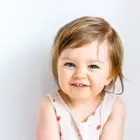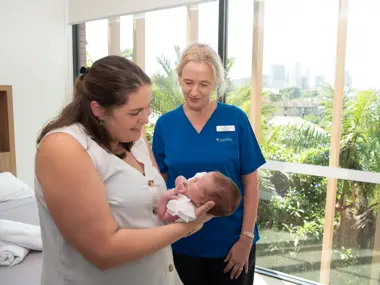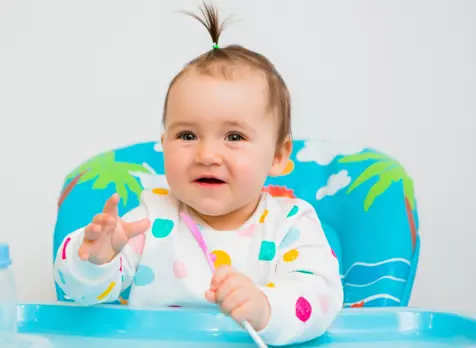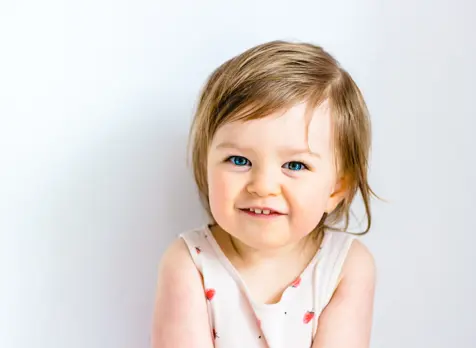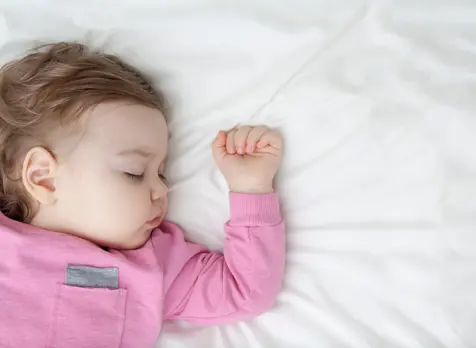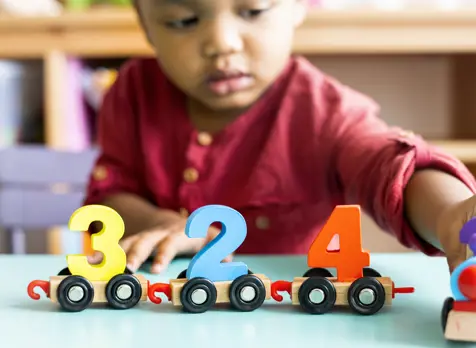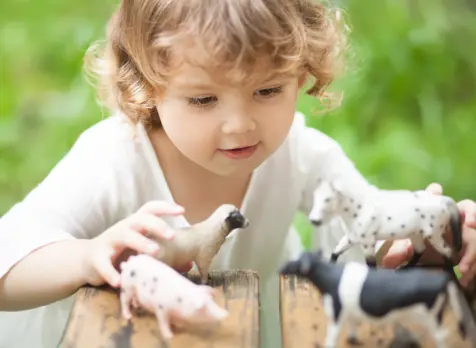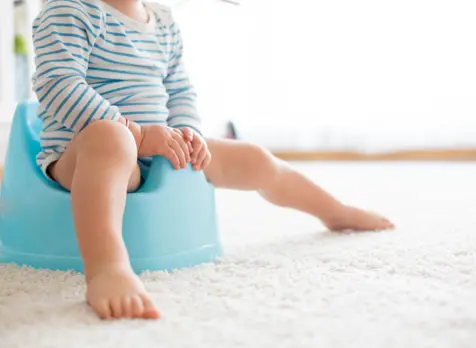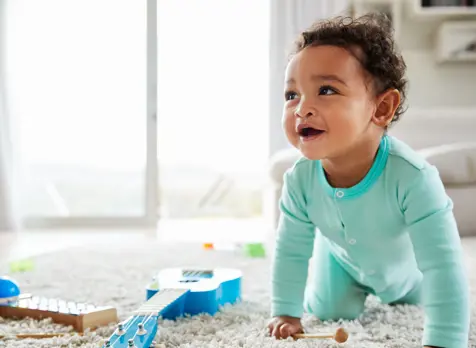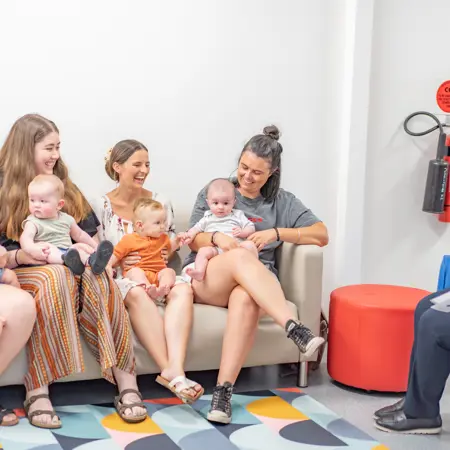Toddler Development
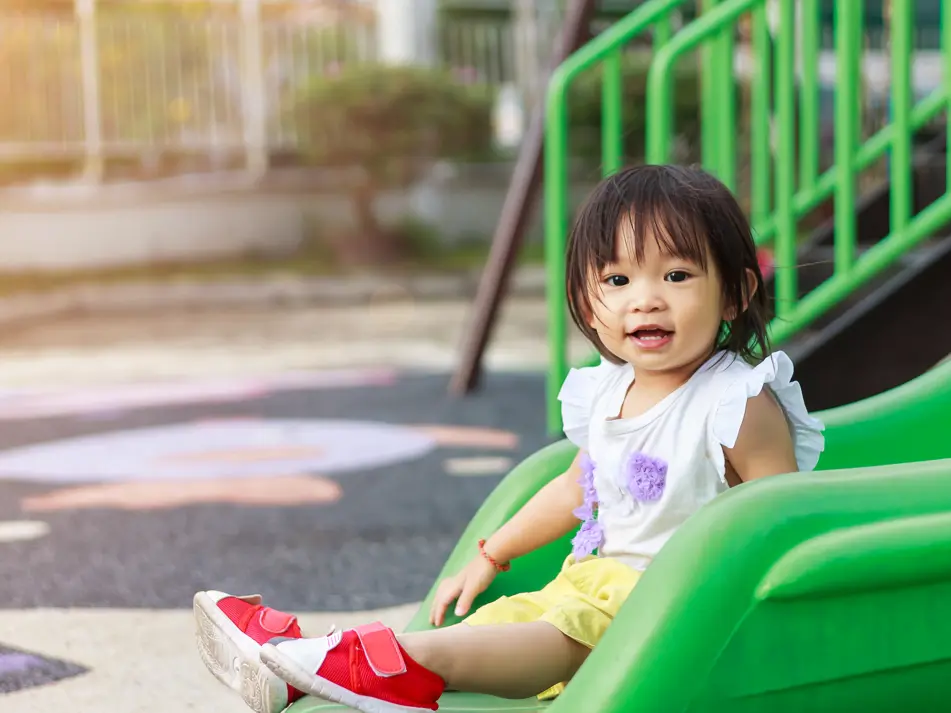
On this page
- Toddler developmental milestones
- Eighteen month milestones
- When to be concerned about your 18 month old's development
- Two year milestones
- When to be concerned about your 2 year old's development
- Three year milestones
- When to be concerned about your 3 year old's development
- How to help your toddler develop?
- What to do if you're worried about your child's development
Toddler development is a fascinating stage in a child's life. The toddler age spans from about 1 until 3 years of age and includes remarkable changes.
They develop physically from taking their first wobbly steps to walking and running with ease. Their communication leaps ahead with many toddlers speaking in sentences and making sure you know exactly what they want to say. Emotionally, they start to develop their independence and learn to make friends and form relationships with caregivers outside the home.
Understanding the key milestones are important for you to know how to support and nurture your toddler's development.
Toddler Developmental Milestones
Here’s a guideline to some 'toddler development milestones’ you can expect between the ages of 1 - 3 years. All children are different and develop at their own pace.
18 month milestones
What most children do at this age:
- Can walk independently
- May start running, walking up/down stairs with support, and climbing furniture.
- Have improved hand movements so they might start to scribble, turn pages, use their utensils, and build towers.
- Can say a few single words and are continually building on their vocabulary.
- Start to understand simple instructions like 'Bring it to mum'.
- Says and shakes their head to say no.
- Points to things they want.
- Typically play side by side with other children rather than with them.
- Enjoy activities like finding hidden toys, pointing to body parts and engaging in pretend play.
- Have strong emotional attachments to familiar people and cling to caregivers in unfamiliar situations.
When to be concerned about your 18 month old's development
Speak to your child's doctor or child and family health nurse if your 18 month old doesn't:
- point to show things to others
- walk
- understand simple instructions
- copy others
- try to say 3 or more words besides “mama” or “dada”
- gain new words
- notice or mind when a caregiver leaves or returns
Or if they lose skills they already had.
2 year milestones
What most children do at this age:
- Most toddlers walk independently begin to run at this age.
- They may walk up and down stairs or climb furniture with help.
- Throwing and kicking a ball
- Can build towers of 4 or more blocks.
- Start to talk more and will say sentences with 2 to 4 words.
- Will learn new words at a rapid pace, naming familiar objects, people, and body parts.
- Understand simple two-step instructions such as 'pick up the ball and put it away'.
- Start experiencing more emotions like anger, frustration, guilt, shame, possessiveness, and excitement and may throw temper tantrums.
- Pretend play becomes more complex as toddlers grow, and they enjoy spending time with siblings and peers.
When to be concerned about your 2 year old's development
Speak to your child's doctor or child and family health nurse if your 2 year old old doesn't:
- use two word phrases like 'drink milk'
- know what to do with common things like a fork, spoon, brush
- copy actions and words
- follow simple instructions
- walk steadily
Or if they lose skills they already had.
3 year milestones
What most children do at this age:
- Improved motor skills, including running, climbing stairs independently, kicking and catching a ball, standing on one foot briefly, and using a preferred hand for activities.
- They become more agile and adventurous explorers.
- By 3 years, they can use sentences with 3-5 words, engage in turn-taking during conversations, and start telling simple stories.
- They are developing understanding of concepts like time, opposites, body parts, and matching shapes and colours.
- They can talk about past events and people or objects not present.
- Toddlers strive for independence, such as washing hands, self-feeding, dressing (although assistance may still be needed), and helping with household chores.
- They show a wide range of emotions which often lead to tantrums due to communication challenges.
- They may show separation anxiety but still seek attention and comfort.
- Toddlers enjoy interactive play with others, dress-up, creative activities, and turn-taking. Storytelling, singing, and reading contribute to their cognitive development.
- Toilet training readiness may begin between two and three years.
- Notice human emotion and look for caregiver’s response to new situations.
When to be concerned about your 3 year old's development
Speak to your child's doctor or child and family health nurse if your 3 year old old doesn't:
- go up and down stairs easily or falls a lot
- have very clear speech or drools a lot
- speak in sentences
- understand simple instructions
- know how to work simple toys like puzzles or turning handles
- play pretend or make believe
- want to play with other children or toys
- make eye contact
Or if they lose skills they already had.
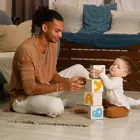
You might also like
How to help your toddler develop?
-
1
Have conversations with your toddler where you name and discuss everyday objects to help build their vocabulary.
-
2
Give meaning to your toddler's words by actively listening and responding to what they say.
-
3
Promote independence by encouraging tasks like using utensils and putting on shoes, which enhance motor skills and cognitive abilities.
-
4
Encourage playdates and interaction with other children to foster social skills like sharing and taking turns.
-
5
Spend time outdoors to let your toddler explore and develop physical abilities safely.
-
6
Read to your toddler, tell stories, sing songs, and recite nursery rhymes to improve their language skills and stimulate imagination.
-
7
Involve your toddler in cooking activities to encourage an interest in healthy food, expand their vocabulary, and introduce basic math concepts.
What to do if you're worried about your child's development
Typically, child development follows a consistent pattern. However it's important to note that individual skills may emerge at varying ages or stages.
If you have concerns about your toddler's developmental progress or suspect any delays, the best thing to do is seek early help. Consult your child and family health nurse or GP for guidance and support.
